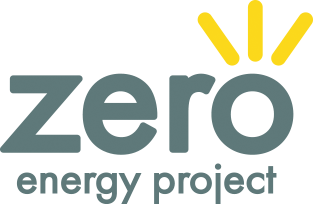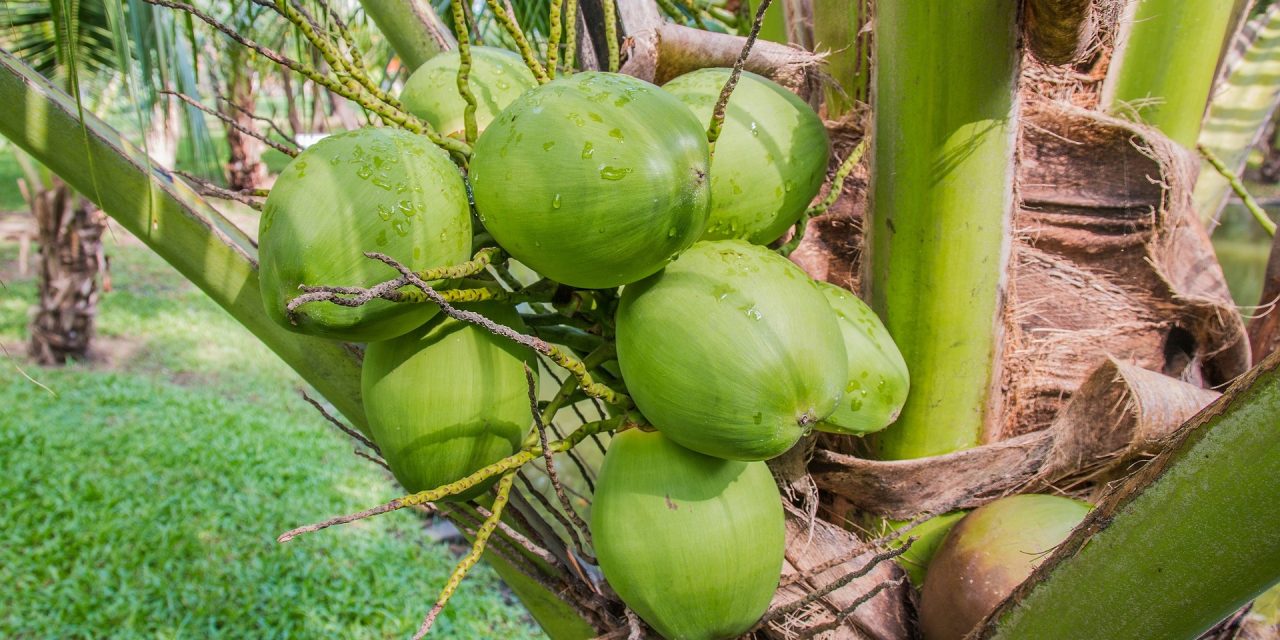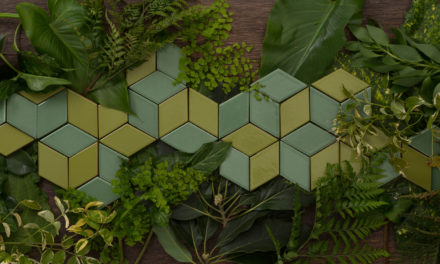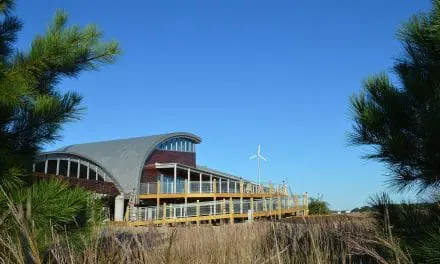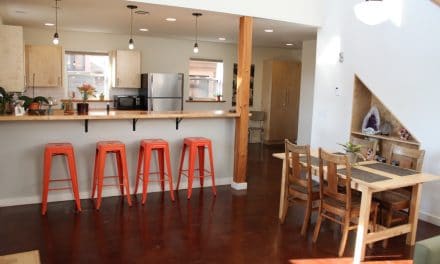Eco-Friendly Erosion Control
Eco Fabriks manufactures and distributes coconut fiber or coir erosion control products for mitigating soil erosion, enhancing sediment control and embankment or slope stabilization. The products are free from any artificial material that may harm wildlife or affect other natural resources. Eco Fabriks’ coir products have a number of advantages over other synthetic products especially as they are economical and environment-friendly. These products can be the perfect green solution to soil erosion problems and sedimentation problems.
Erosion control fabric and coir logs are an obvious choice for architects, landscapers and designers looking for a safe and viable alternative to synthetic and potential harmful material for usage in wetland and backyard gardening, as well as planting vegetation on roads, slopes and embankments. Coconut fiber or coir takes between 3 to 5 years to degrade to mulch that is beneficial to plant growth. Once considered a waste material, coir is now widely used in soil erosion treatment, as mulch and as a hydroponic growth medium for vegetation.
What is coir?
Coir, the golden fiber obtained from coconuts, is a 100% organic fiber. Coconut fibers or coir fibers are found sandwiched between the outer shell and the husk of a coconut. The individual fiber cells are narrow and hollow, with thick walls made of cellulose. Brown coir is obtained from fully ripened coconuts and is thick, strong and has high resistance to abrasion. Coir is also stronger than other natural fibers like flax and cotton and is naturally resistant to rot, molds and moisture.
Coconut fiber or coir is one of the few natural fibers that do not get damaged by salt water. No chemical treatment is required and coir itself is processed using fresh water. No synthetic substances are added to the terrain when coir is used for erosion control, slope or stream bank stabilization.
Coconut fiber or coir matting has unique properties and just the right strength and lifetime to protect slopes against erosion and help the natural vegetation to take root. Coir is recommended in horticulture as a substitute for sphagnum moss because it is not contaminated by bacteria or fungal spores.
Coconut fiber or coir matting has the mechanical strength necessary to hold soil in place and prevent erosion. The netting breaks up run-off from heavy rains and dissipates the energy of flowing water. Coir also promotes the growth of new vegetation by absorbing water and preventing the topsoil from drying out.
Coconut fiber matting resembles natural soil in its capacity to absorb solar radiation. This means that there is no risk of excessive heating – sometimes a problem with synthetic fabrics.

Advantages of Eco Fabriks Coir materials
- Faster binding of soil
- Excellent air and water permeability
- Enough sunlight passes through
- Holds the seeds and saplings in place
- High water retaining capacity
- Excellent medium for quick vegetation
- Allows for deep rooting of plants and provides nutrients
- Easy to install and follows the contour of the soil surface
- Eco-friendly and nonpolluting

